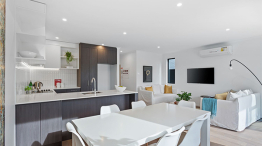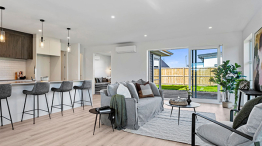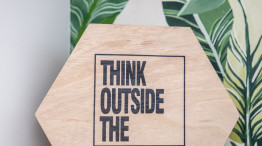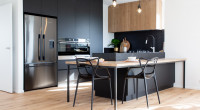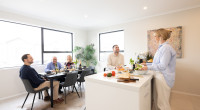Space for change in a circular way
Get more Living in your inbox
Sign up to Living-news to receive top tips and inspirational content
Subscribe
The opportunity to create change often needs space, which a team from Fletcher Building recently got as part of the XLabs event in Auckland where they thought up innovative ways to reduce waste using circular design thinking and the principles of a circular economy.
Fletcher Building was one of 17 businesses that took part in XLabs, a Circular Economy Lab, organised by Auckland Tourism, Events, and Economic Development (ATEED).
A circular economy is where there is no waste produced or all leftover materials are re-used. A circular economy follows three key principles, design out waste, keeps materials in flow and in use and regenerate natural resources.

Over five days, teams from different companies worked on circular economy solutions for their own business with circular design thinking.
The team from Fletcher Building was made up of people from five business, Laminex New Zealand; Fletcher Living; Winstone Aggregates; Firth and Fletcher Building Innovation. Their focus was how to start a circular economy in Fletcher Building starting with designing out MDF waste in Laminex kitchens.
“Even though there are examples of this already happening in New Zealand, we wanted to see if we can implement these here and improve on it,” says Group Carbon and Environmental Performance Manager Michael Burgess.
The team came up with a range of pathways to create a circular economy including redesigning MDF by moving from a chemical resin to a bio-based resin, redesigning the end product to reduce waste, or re-using kitchens by offering a kitchen buy back service or creating a market for second hand kitchens.
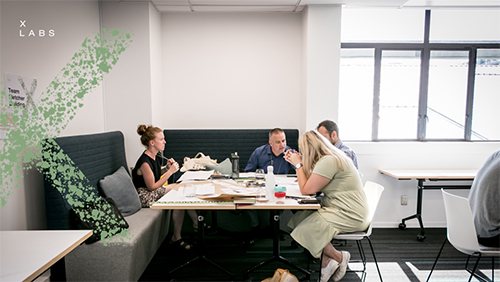
XLabs started off with the team attending workshops, hearing experts speak and working on their challenge together. But, that quickly changed when lockdown was enforced and they moved to online collaboration to prepare for the final pitch, and the culmination of their work.
“The initiative started before Covid-19 changed our world and our way of working, but we managed to move our teamwork online to shape up our pitch for the final stage of XLabs,” says Fletcher Building Senior Innovation Analyst Lauren Smith.
The final virtual pitch had over 25 people dialling into Zoom, including the Fletcher Building team, a wider audience from Fletcher Building, the XLabs organisers and experts from around New Zealand and overseas.
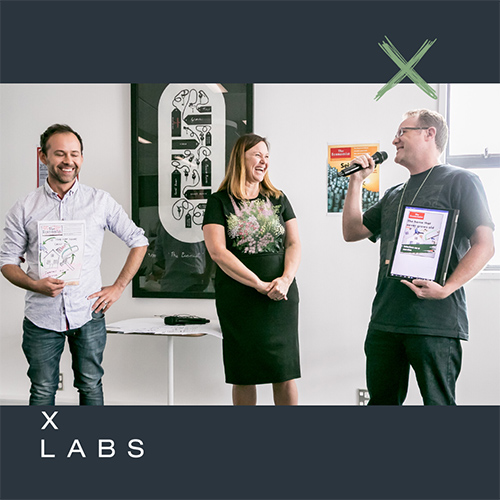
“It was great to have collaboration across the business to bring together different perspectives, knowledge and experience into our collective thinking.”
The next step for the XLabs project is to understand what each pathway would look like in a real-life scenario for Fletcher Building.
“We can then identify some opportunities to start implementing these,” says Michael.
“The principles and learnings that the team gained from this one building product, will be applicable across the entire business and provide opportunities to create a circular economy with other building products.”
We use cookies to ensure that we give you the best experience on our website. By continuing to use this website you are giving consent to cookies being used. View our privacy policy and terms of use for more details.

